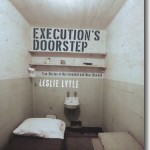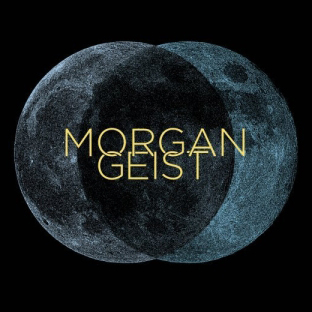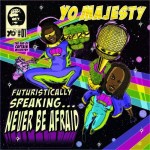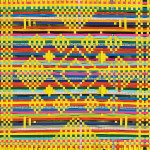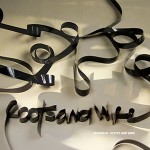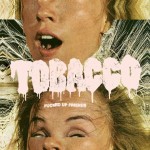Feature
XLR8R
January 2009
Link
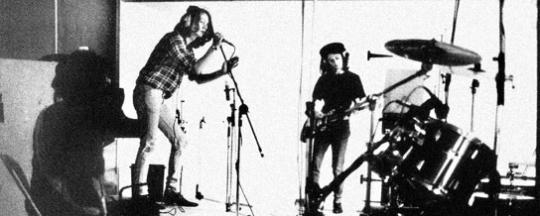
It’s known as the Holocaust, but it’s greeted like the rapture. A sound engineer says it sounds “pretty similar to a jet taking off,” and it has the decibel readings to prove it (roughly 130). “The sound moved my face,” blogged Deerhunter’s Bradford Cox. “My balls retracted.”
That sound is the live rendition of “You Made Me Realise,” the signature track with which My Bloody Valentine, reformed after 13 years of silence, has been ending each of its reunion-tour sets–a cacophonous, hypnotic, fill-the-void version built from a multi-octave sea of bent tones.
“It’s interesting and fun, in a cruel way, watching the audience react as the song progresses,” says Ger Colclough, a monitor engineer on the tour. “You can see the different emotions and feelings they go through as the song reaches its peak, from the fascinated look, disbelief look, shocked look, and back to the final look of amazement.”
This sonic gut-check has become part of the mythology of My Bloody Valentine, and of the shoegaze sound itself. Once dubbed “the scene that celebrates itself,” the term “shoegaze” was christened in late-’80s England to describe a group of bands who combined ethereal, swirling vocals and layer upon layer of distorted, bent, and flanged guitar. Ultimately, it referred more to these floppy-haired bands’ lack of rock ’n’ roll antics on-stage–their habit of gazing downward at their myriad guitar pedals–than their music. While hazy and narcotic-sounding, the bands that fell under this banner were far from homogenous. If anything, their common link was expanding the sonic vocabulary (if not always at MBV’s deafening levels).
With modern acts like Ulrich Schnauss and Asobi Seksu heavily inspired by the shoegaze sound, the recent release from Spiritualized (an offshoot of the even gazy-er Spacemen 3), and reunions of seminal bands like My Bloody Valentine and Swervedriver, we decided to track down members of Slowdive, Lush, Ride, Chapterhouse, and more to talk about the glory days and the genre’s continued relevance.
Shoe-Ins
Miki Berenyi (Lush singer/guitarist)
“Shoegazing was originally a slag-off term. My partner [K.J. “Moose” McKillop], who was the guitarist in Moose, claims that it was originally leveled at his band. Apparently the journo was referring to the bank of effects pedals he had strewn across the stage that he had to keep staring at in order to operate. And then it just became a generic term for all those bands that had a big, sweeping, effects-laden sound, but all stood resolutely still on stage.”
Andy Sherriff (Chapterhouse singer/guitarist)
“For us, it had quite a lot to do with the fact that we weren’t too good at singing and playing at the same time, so we had to look down at the guitar all the time to see. We played a lot of barre chords, chords that go up and down the guitar neck, so you were kind of looking where you were going.”
Adam Franklin (Swervedriver singer guitarist)
“Shoegaze wasn’t a favorable term when it first appeared. Partly, you think about the bands having sloppy fringes, stripy shirts, and Chelsea boots.”
Brad Laner (Medicine singer/guitarist)
“It never had any resonance for me. If you see any footage of us, we were jumping around and being spazzy all the time. We rocked out. I don’t think you’ll find any band of that period that would identify itself as a shoegaze band, and any band that identifies itself as that now is probably not worth listening to.”
Miki Berenyi (Lush)
“Funnily enough, [the tagline] ‘the scene that celebrates itself’ was actually the invention of Steve Sutherland, then editor of the Melody Maker, and was originally meant as a compliment! It referred to the fact that, as a movement, we were actually all very friendly and supportive of each other, rather than backbiting and sniping, which was supposedly the norm. It was actually pretty annoying getting lumped in with bands we didn’t think we sounded anything like, particularly because such comparisons were more often used against us.”
Andy Sherriff (Chapterhouse)
“Now the term has been appropriated by fans, the way a lot of insults are. And people use it in a way that’s totally non-derogatory.”
Read more…

